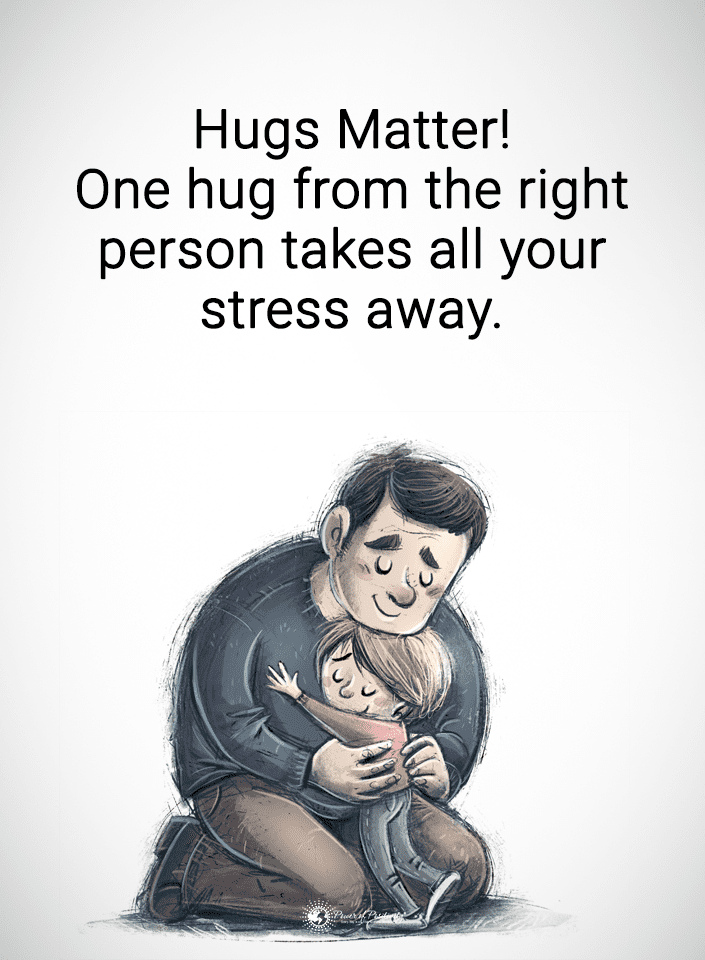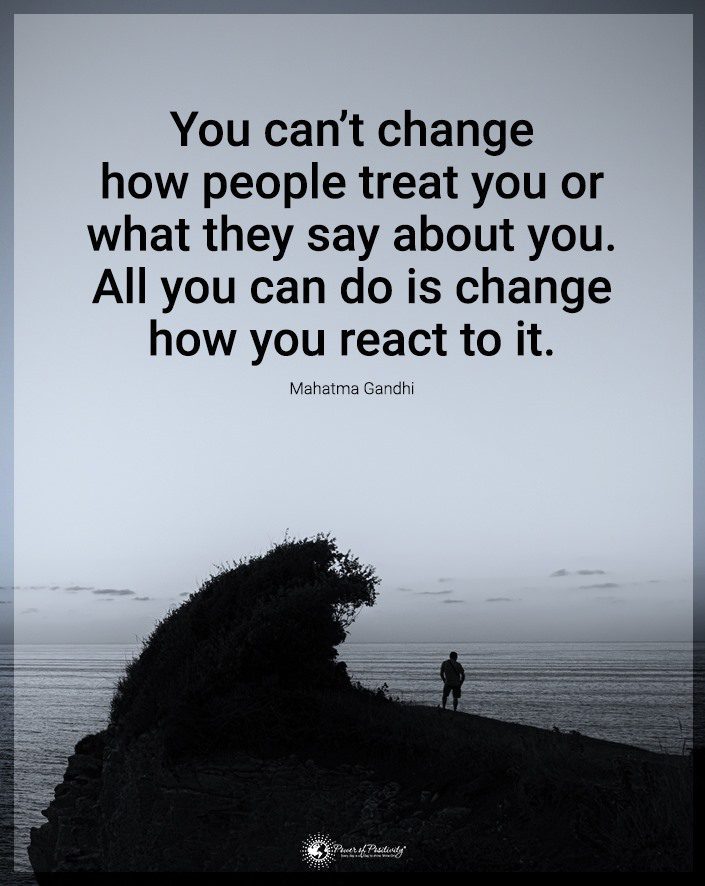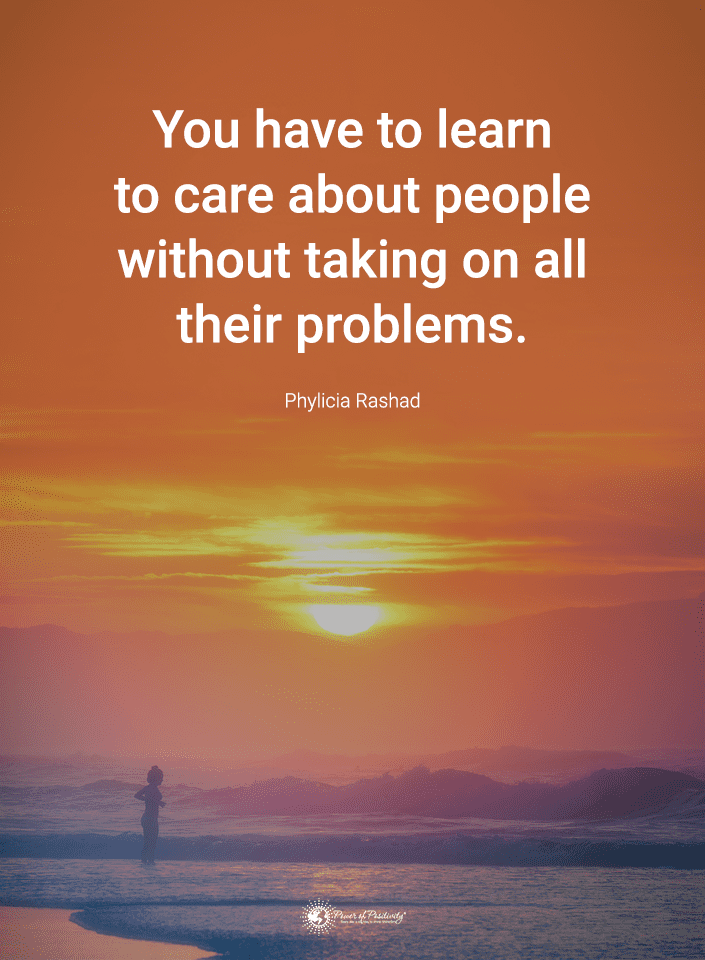The happiest relationships don’t necessarily equate to the perfect ones. They still have conflicts and disagreements but learn to work through them. The more successful relationships also see a team rather than two people working in their self-interests and that of their family.
To provide the best outcome, they work together and come to a compromise. If they don’t, the relationship becomes strained and may disintegrate entirely. The happiest relationships embrace both the good times and bad, feeling grateful to have their partner by their side.
They also accept one another fully and don’t judge their partner for their flaws. It takes two to tango, and the most fulfilled couples put in equal effort to keep things afloat. Below, we’ll review some signs of happy couples based on research from licensed social workers.
Linda and Charlie Bloom, married in 1972, conducted interviews with fifty of the happiest couples they could find. The couples had been married an average of thirty years and cultivated qualities that enriched their relationship over time.
They found that happy couples still encountered problems and had heated arguments. However, conflicts didn’t happen often and seemed to dissipate quickly. What differentiated these couples from others in turbulent relationships involved their willingness to understand one another.
Instead of harboring resentment or judgment toward their partner, they appreciated these differences. They recognized that having different viewpoints and opinions than their partner made the relationship more fulfilling. It allowed them to learn unique things about the world and offered a fresh perspective.
While each couple had differences, they also displayed similarities in their connection. Based on the Blooms’ findings, we’ll review the essential qualities of the happiest couples in more detail below.
6 Traits That Reveal Happy Relationships
Here are the six traits you’ll often see in the happiest relationships
1. They Enjoy Making Their Partner (and the Family They Make) Happy.
This one seems like a no-brainer, but many couples today only care about fulfilling personal desires. They tend to prioritize themselves over a partner. However, in the happiest relationships, couples act selflessly and want to ensure their partner feels content. Moreover, this also benefits the giver because acts of service and kindness boost mental health.
In essence, happy couples strive to fulfill one another’s needs to minimize stress in the relationship. After all, pursuing selfish desires could create a rift in the partnership. The Blooms confirmed that all the couples they spoke with felt delight in making their partners happy.
They never felt they had to sacrifice anything to ensure their partner’s wellbeing. Instead, they derived pleasure from discovering how to make their partner–and the family they may build together–happier.
2. The Happiest Relationships Don’t Hold Grudges.
Even if couples argue every so often, the happiest relationships avoid holding grudges. The Blooms discovered that the most successful couples avoided passive-aggressive or resentful behaviors. When they encountered problems, they dealt with them quickly and maturely so they wouldn’t fester.
3. They Take Responsibility For Their Part in Conflicts.
Instinctually, many couples become defensive and angry when confronted with problems they’ve created. This usually happens if the partner talks in a condescending or hurtful tone. However, the Blooms found that the happiest relationships had no problem admitting their faults. They thoughtfully considered how they played a role in issues that arose.
They might have acted slightly defensively but still admitted their responsibility in the conflict. The couples spent less time defending themselves than they spent recognizing and reconciling the problem. Once again, they thought about how their behavior affected the relationship, rather than just themselves.
4. The Happiest Relationships Exhibit Authenticity.
The Blooms also realized that the emotionally healthy couples practiced absolute honesty. No matter the circumstances, they always told the truth out of respect for their partner. Many couples sometimes tell a white lie or exaggerate the truth, but the happiest relationships avoid this behavior.
The Blooms found that many couples always remained truthful, laying everything out on the table. However, they did so in a way that respected their partner and remained sensitive to their feelings. They avoided being brutally honest, opting to use more thoughtful, caring language when expressing their views.
A combination of constant authenticity and unconditional empathy fostered a profoundly respectful, meaningful romance and a strong family.
5. They Value Both Self-Care and Mutual Care.
In many relationships, couples focus too much on self-interests or the partnership. They struggle to balance their desires with the needs of the relationship. However, almost all the couples the Blooms interviewed seemed to address self-care and mutual care equally. They maintained equilibrium between both aspects without neglecting either one.
Some even saw them as so interconnected that there weren’t any differences between them. In other words, by caring for themselves, they had more energy to look after the relationship. Sometimes, the opposite was true, depending on the couple’s unique needs. Also, the couples felt honored, rather than obligated, to have the responsibility of looking after themselves and the relationship.
6. The Happiest Couples Express Gratitude.
Finally, the Blooms found that the happiest relationships looked at the world through rose-colored glasses. This doesn’t mean they avoided problems but felt confident about their ability to overcome them. They regularly expressed gratitude for one another and their family, which helped buffer the stresses of life.
However, not all the couples displayed a natural propensity toward optimism. Sometimes, the more pessimistic partners adopt the attitudes of their other half throughout the marriage. Being around positivity so often helped them cultivate this mindset and deepened the romantic love they felt for their partner.

Final Thoughts on Qualities the Happiest Relationships Display
If you’ve been around couples that always seem cheerful, they probably weren’t always like that. Many couples spend years figuring each other out and constructively resolving problems. However, after a while, the happiest couples learn to maintain balance in the relationship through honesty, respect, and understanding.
Two licensed social workers, Linda and Charlie Bloom, discovered that the most successful relationships displayed six main qualities. These couples showed selflessness, gratitude, effective problem-solving, accountability, honesty, and service to one another.


















